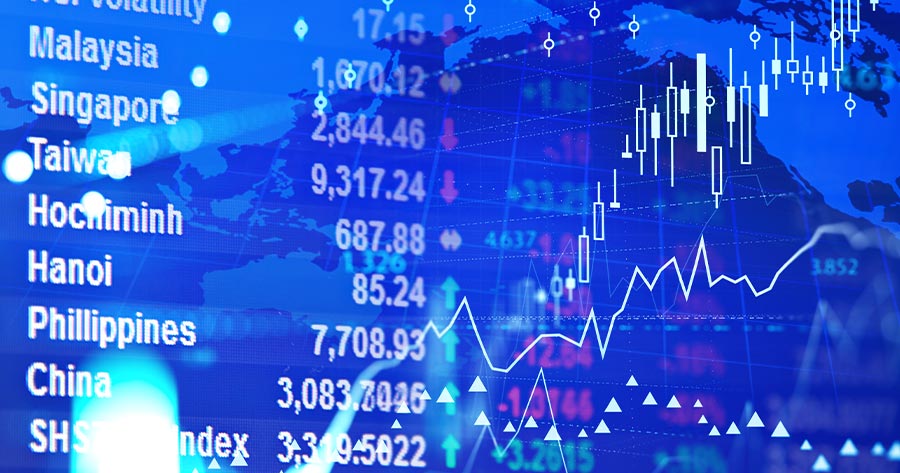On Monday morning (16 June, 9:14 AM, GMT+7, Bangkok time), most indices in Asia Pacific exhibited an upward trend despite persistent concerns over mounting tensions between Israel and Iran. Investors appeared to weigh geopolitical risks while positioning themselves ahead of a critical batch of economic indicators from China, including May’s retail sales and industrial production data.
Iran has announced that it is unwilling to discuss a ceasefire while under assault by Israel amid an escalation of attacks by both adversaries, heightening fears of a broader conflict.
China’s retail sales increased by 6.4% year-on-year in May, surpassing the 5% rise expected by analysts polled by Reuters. The stronger-than-expected performance, up from 5.1% growth in April, was partly attributed to consumer activity around the two public holidays in May.
Japan’s NIKKEI surged by 0.91% to 38,176.75. South Korea’s KOSPI increased by 0.6% to 2,911.96, and Australia’s ASX 200 climbed by 0.13% to 8,558.5.
As for stocks in China, Shanghai’s SSEC rose by 0.11% to 3,380.78. Shenzhen’s SZI grew by 0.35% to 10,157.91, while Hong Kong’s HSI slid by 0.2% to 23,845.33.
The U.S. stock markets edged down on Friday as the Dow Jones Industrial Average (DJIA) dropped by 1.79% to 42,197.79. NASDAQ declined by 1.3% to 19,406.83, and S&P 500 contracted by 1.13% to 5,976.97. VIX advanced by 15.54% to 20.82.
As for commodities, oil prices settled higher on Friday, with prices leaping by 7% as escalating Israel-Iran disputes intensified concerns over disruptions to the region’s vital energy exports. Brent futures jumped $4.87 or 7.02% to $74.23 a barrel, and the West Texas Intermediate (WTI) soared $4.94 or 7.62% to $72.98 per barrel.
This morning, Brent futures gained 84 cents or 1.13% to $75.07 a barrel, and the WTI futures added 97 cents or 1.33% to $73.95 per barrel.
Meanwhile, gold futures edged up 0.3% to $3,463.2 per Troy ounce.





